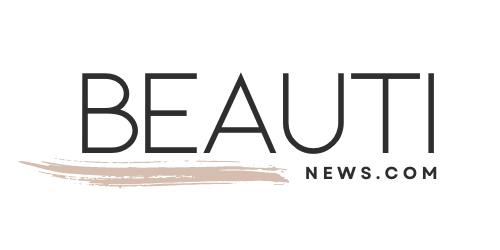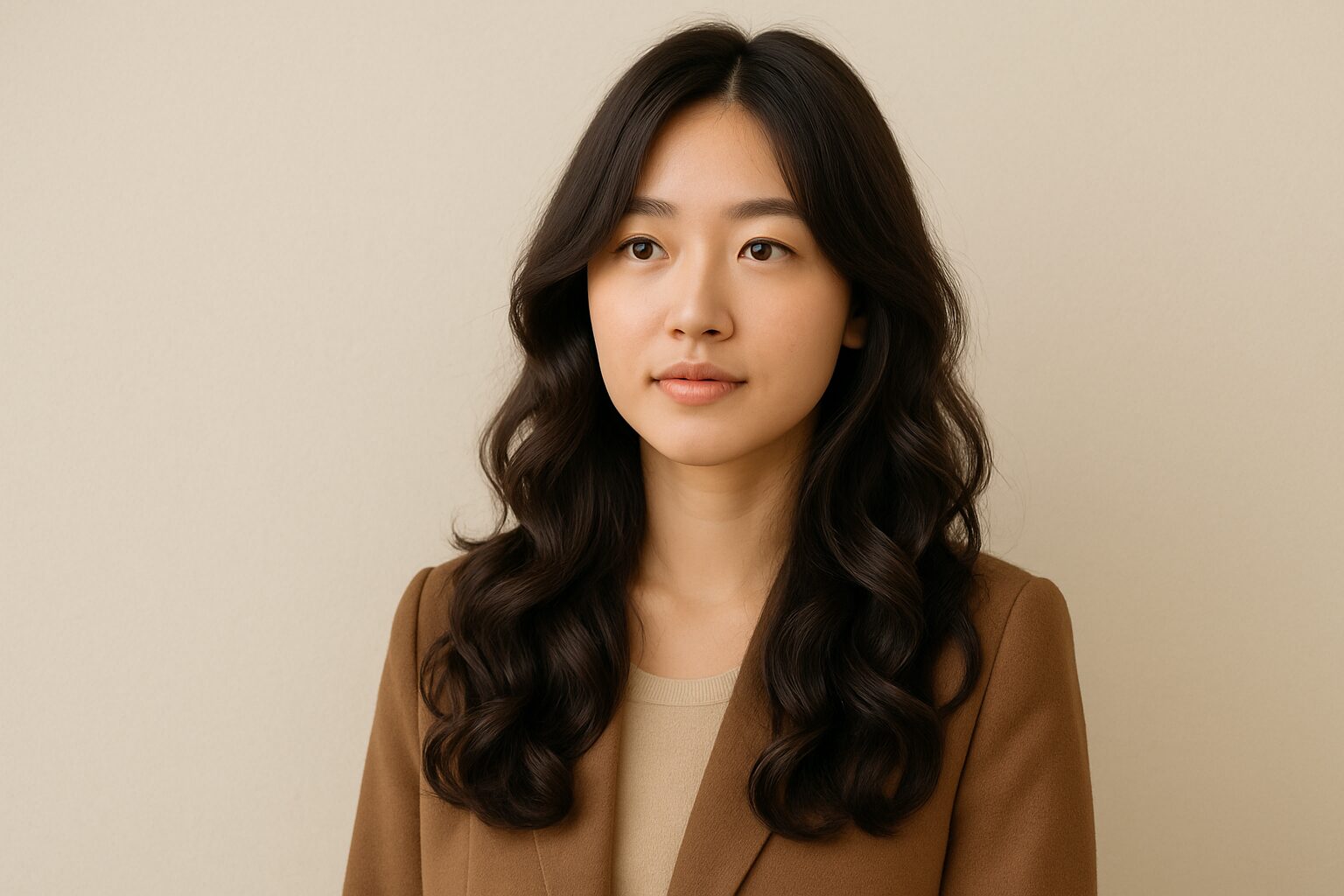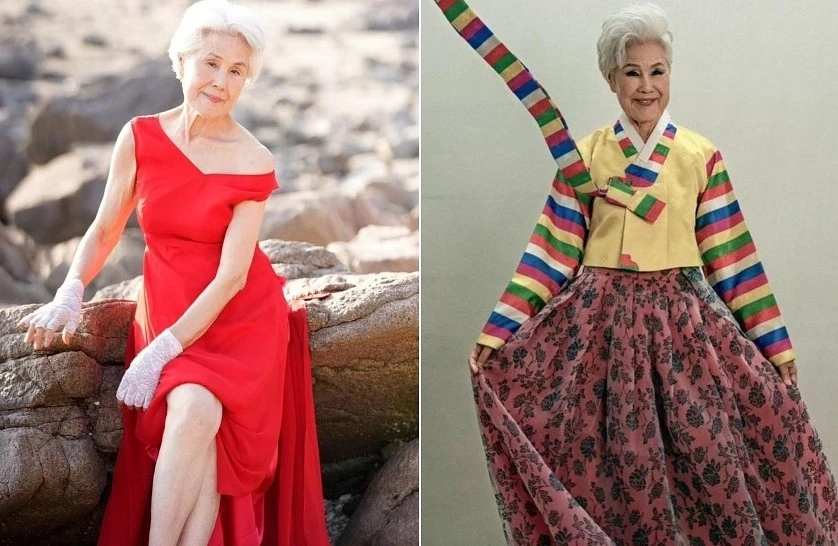The burst of K-pop, cinema, style, and food out of South Korea has paved the way for the newest trend, K-beauty. Korean skincare brands are seeing increased sales in the United Kingdom, thanks to products that pledge a glowing skin tone. Even though British consumers are tightening their belts in other areas, they are not holding back when it comes to achieving what the beauty industry is referring to as the “glass skin” effect – a radiant, blemish-free complexion. Market reports reveal an increase in spending on premium skincare.
According to Circana, a reputable data company, the demand for extravagant lotions and serums has surged by 13% compared to the previous year. Their view is that beauty enthusiasts are drawn to the promise of “hydration” and “moisture,” which is evident from the 15% growth in sales of these products. This boom echoes a larger international excitement for South Korean beauty products that promote a youthful, glowing look.
The surge in popularity of K-beauty in the UK is primarily being driven by the virality of South Korean brands, such as Cosrx, Beauty of Joseon, and Laneige. These brands have achieved prominent status thanks to widespread discussion and endorsement on platforms like TikTok. This has led retailers to expand their product offerings. Boots, one of the UK’s largest beauty retailers, is adding more South Korean brands like Skin1004 and Round Lab to its K-beauty range.
Alice Rafferty, Boots’s Director of Luxury Beauty and Cosmetics, points out, “The industry is evolving quicker than ever before with new brands emerging and reaching cult-like status in a matter of weeks”. There is ambition within the industry for K-beauty to parallel the success of South Korea’s music, film, and TV exports.
The expansion rate of K-beauty is forecasted to reach nearly 10% annually. By 2030, K-beauty could become a business worth $18.3bn (£13.7bn), according to a report by Straits Research. This projection follows an 83% year-over-year increase seen in Cosmetify’s searches for “Korean skincare”.
South Korean beauty rituals call for an intensive 10-step skincare routine or more, compared to the standard three-step routine of cleansing, toning, and moisturising more commonly used in the West. The Korean methodology includes the regular application of sheet masks filled with essential ingredients like mugwort and ginseng, and an assortment of “essences” that contain ingredients like snail mucin or slime.
“The 10-step Korean skincare routine became popular around 2021-2022 and took the internet by storm. Many of us had never come across skincare this advanced and comprehensive,” remarked Maria Mukaranda, Beauty Editor at Cosmetify. The novelty and intrigue of K-beauty products, along with their impressive results, have been major contributing factors to the hype.
Indeed, K-beauty has given birth to several unique products unknown to UK buyers, one worth mentioning is Cosrx’s Advanced Snail Mucin Power Essence. This skincare wonder provides a glimpse of what South Korean beauty technology is capable of, offering novelty, intrigue and most importantly, visible skincare results. In conclusion, the surge of K-beauty demonstrates the power of viral trends, the importance of innovation, and the ever-evolving landscape of the global beauty and cosmetics industry.





